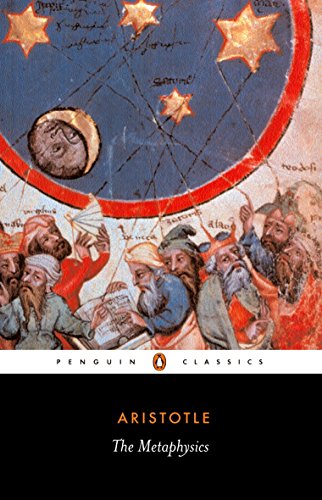
Don’t Look Now, and other stories by Daphne du Maurier
A collection of creepy “long stories” or “long short stories” or “short novellas” - however you want to define short stories of between roughly 50 to 75 pages in length - by du Maurier, an author I hadn’t read prior but was aware of her work through the many film adaptations of her work (Rebecca, The Birds, and Don’t Look Now). There are a few different editions of this collection which have different stories but mine had Don’t Look Now, Not After Midnight, A Border-Line Case, The Way of The Cross, and The Breakthrough. Don’t Look Now is the most famous story in the collection, primarily because of the 1973 Nicolas Roeg film based on the story – which I have not actually seen but I plan to shortly – and it is also the best of the bunch. It tells the tale of a couple on holiday in Venice following the death of their daughter, who encounters a pair of creepy elderly twins, one of which is blind and has psychic ability and can see the ghost of their daughter. Du Maurier is a professional at building tension and suspense in her stories, but she’s even better at developing atmosphere and evocating place in her stories. She flips the script on the city of Venice from a city known for honeymoons and romantic gondola rides to a place of confusion and dangerous encounters made up of a creepy and foreboding labyrinth of alleys and canals. Similarly du Maurier develops this sense of place that plays with our expectations of the location with stories set in Crete, Ireland, and Jerusalem. You could say this is a travel novel as all of the stories are about British people as tourists in foreign lands.
Du Maurier also seems to have a preoccupation with the natural unevenness in ties of affection within relationships in which in a relationship one partner is more attracted or more fond of their partner than the other. For example, this is highlighted in Don’t Look Now, as in the couple the man is closer to his wife than his (deceased) daughter while his wife is closer to his daughter than him. All of these stories have some element of horror, not scary monsters or gore, but for the most part the horror comes from within, from the very human flaw of misreading a situation or other people, from imagining something that isn’t real. For example, The Way of The Cross is not a horror story, it is a social satire on the British upper-middle class who come to reckon with their flaws and errors on a guided tour of Jerusalem but all the characters meet internal horror in some way through humiliation and embarrassment. After Don’t Look Now, it is my favourite of the collection, but the collection is for the most part a collection of very compelling stories full of suspense that will have you quickly rushing to find out how the story ends (aside from The Breakthrough which is a sci-fi story that feels lacking).










